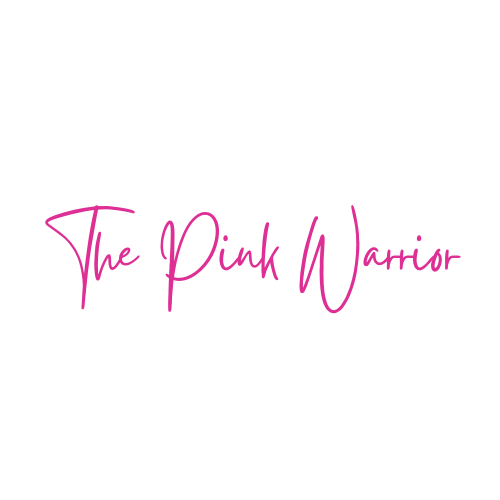Going through breast cancer treatment is an emotional, physical, and often isolating journey. Yet, research has shown that a strong support network can significantly impact not just your ability to cope but also the outcomes of the treatment itself. This support extends into survivorship, where the challenges are different but equally daunting. Here's why having a robust support system is crucial and where you can find the resources to build or bolster yours.
Emotional Resilience
Breast cancer treatment is a rollercoaster of emotions. From diagnosis to treatment options, surgery, and the fear of recurrence—each phase presents its unique stressors. Emotional support from friends, family, and healthcare providers can provide a sense of stability, helping you make well-informed decisions while keeping anxiety and depression at bay.
Navigating Medical Complexity
Understanding the complexities of cancer treatments, side effects, and healthcare systems can be overwhelming. Knowledgeable friends, caregiver support groups, or medical professionals can be invaluable in helping you understand and make crucial decisions. Websites like CancerCare offer comprehensive advice, workshops, and articles that can help both patients and caregivers make sense of the medical jargon.
Physical Support
Fatigue, nausea, and other physical symptoms can make daily tasks a challenge. The presence of a caregiver can provide not only physical help but also a psychological boost. Sometimes knowing that someone is there for you if needed is enough to alleviate some stress.
Moving Into Survivorship
Life after cancer treatment isn't always smooth sailing. Long-term side effects, emotional trauma, and the constant fear of recurrence are just some issues that survivors face. A support network that understands and can help you navigate these challenges is crucial. Survivorship programs like those offered by Livestrong can be beneficial resources for survivors transitioning back to “normal” life.
The Role of Online Communities
In this digital age, support is no longer limited to your geographical location. Online communities such as Young Survival Coalition or BreastCancer.org's Community can offer advice, empathy, and a listening ear at any time of day or night. Here, you can find people who are going through the same experiences as you, offering insights that your immediate circle might not be able to provide.
What Friends and Family Can Do
As a friend or family member of someone going through breast cancer treatment, your role is crucial, but it can also be challenging to know how to help. Websites like Cancer Support Community offer resources and advice on how to be a supportive caregiver or friend during these trying times.
The Importance of Professional Help
Lastly, don't underestimate the value of professional support. Counselors, psychologists, and therapists who specialize in oncology can provide tools to cope with the psychological aspects of cancer and survivorship. Many hospitals offer these services as part of their cancer care programs.
Breast cancer is a journey that you should never have to walk alone. Emotional resilience, medical advice, daily physical help, and the challenges of survivorship can be made more manageable with a strong support network. Leverage the various resources available to build yours because, in the fight against breast cancer, every pillar of support counts.
Support is not a luxury during breast cancer treatment and survivorship; it's a necessity. As the saying goes, "it takes a village," and your "village" can be a blend of family, friends, healthcare providers, and online communities. So reach out, lean on them, and when you can, be someone else's pillar as well.

